For math I have some stuff I had my old tutor recommended me.
Undergraduate Core:
A Concise Introduction to Pure Mathematics (Martin Liebeck) -
Analysis I (Terrence Tao) -
Linear Algebra Done Right (Axler)
A Book of Abstract Algebra (Pinter)
Introduction to Metric & Topological Spaces (Sutherland)
Analysis II (Terrence Tao)
Princeton Lectures Book 2 - Complex Analysis (Stein & Shakarchi)
Undergrad Extras:
An Infinitely Large Napkin (Evan Chen) - A rapid introduction to many fields of math at the undergraduate and graduate level. Heavily recommend supplementing the undergrad core reading with this.
An Invitation to Ergodic Theory (Silva) -
A sampling of Remarkable Groups (Bonanone et al.) -
Lectures on Fractal Geometry and Dynamical Systems (Pesin and Climenhaga) -
Geometric Group Theory (Loh) - An introduction to the study of groups using geometric/metric techniques.
The Knot Book (Colins) - A very informal introduction to knot theory.
Ramsey Theory on the Integers (Landman and Robertson)
Graduate Core:
Algebra Ch. 0 (Aluffi) - Graduate level Algebra.
An introduction to Measure Theory (Tao) or Measure Theory, Integration and Hilbert spaces (Stein and Shakarchi) - Graduate level real analysis, part 1.
An Epsilon of Room (Tao) - Graduate level real analysis part 2. Includes more on measures and some functional analysis.
Vector Analysis (Janich) or An introduction to manifolds (Tu) - Smooth manifolds.
Linear Analysis (Bella Bollobas) - Functional analysis.
Algebraic Topology (Munkres)
Topology from the Differentiable Viewpoint (Milnor) - Differential topology.
Graduate Extras:
Probability Essentials (Jacod & Protter) - Has measure theory as a prerequisite.
Brownian Motion, Martingales and Stochastic Calculus (Le Gall) - Stochastic processes & calculus. Has measure theoretic probability and functional analysis as a prerequisite.
Princeton Lectures Book 1 and 4 (Stein & Shakarchi) - 1 covers
Introduction to Dynamical Systems (Brin and Stuck) - General overview of dynamical systems, highly recommended.
Introduction to the Modern Theory of Dynamical Systems (Katok Hasselblatt) - Super in depth treatment of dynamical systems, good follow up to the above.
Introduction to 3-Manifolds (Jennifer Schultens) -
Introduction to Riemannian Geometry (Lee) -
An Introduction to Lie Groups and the Geometry of Homogeneous Spaces (Arvanitoyeorgos) - Lie theory.
Measure Theory and Fine Properties of Functions (Evans & Gariepy) -
Ergodic Theory with a view towards Number theory (Ward) -
Morse Theory (Milnor)
Differential Forms in Algebraic Topology (Bott and Tu)
For CHEMISTRY 
A Primer of Drug Action, R.M. Julien, 13th ed., by Claire D. Advokat
Katzung, Bertram G., Masters, Susan B., and Trevor, Anthony J. Basic & Clinical Pharmacology, 12th edition. McGraw-Hill Profess. .
Undergraduate
Organic: Organic Chemistry as a Second Language, The art of writing reasonable organic reaction mechanisms
Inorganic: Inorganic Chemistry, Molecular Symmetry and Group Theory
Analytical: Principles of Instrumental Anlsysis, Fundamentals of Analytical Chemistry
Graduate
Organic: Advanced Practical Organic Chemistry, March's Advanced Organic Chemistry, Greene's Protective Groups in Organic Synthesis, Purification of Laboratory Chemicals, Strategic Applications of Named Reactions in Organic Synthesis
Inorganic: Advanced Inorganic Chemistry.


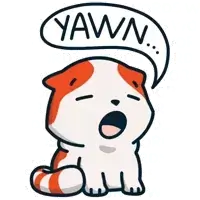
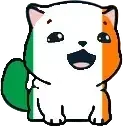

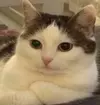
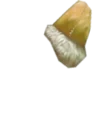
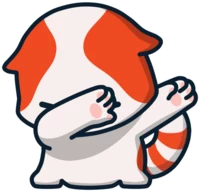

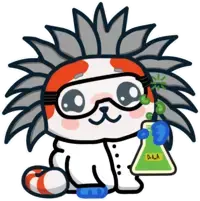

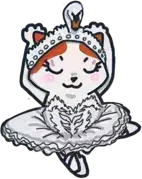
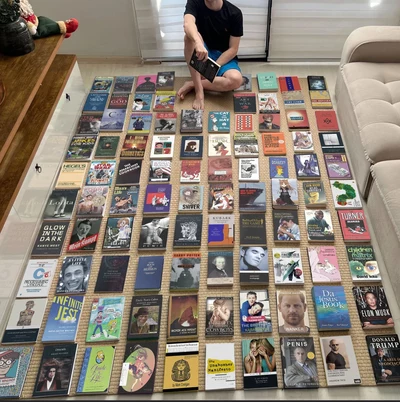
Jump in the discussion.
No email address required.
Textbooks? Real gentlemen read novels, not instruction manuals. How else can we get insight into the human mind? The strength of the written word over visual mediums lies in its absence of "noise", if the author tells us that the curtains are red, there is room for an inquisitive mind to ask: "Why does the author want me to know that?". For a more mature enjoyer of fiction there is no greater treat.
Delete this thread. !bookworms
Jump in the discussion.
No email address required.
!bookworms fiction or nonfiction?
!besties
Jump in the discussion.
No email address required.
Why not both???
Nonfic is nice sometimes
Jump in the discussion.
No email address required.
More options
Context
Most of the books I’ve read were non-fiction. I only started reading more fiction in the past year and I have to say I enjoy both quite a lot.
Jump in the discussion.
No email address required.
omg samesies
Jump in the discussion.
No email address required.
More options
Context
I find economics books particularly interesting.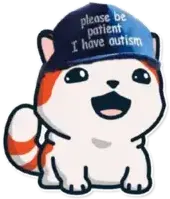 No interest at in an actual career of it but reading their opinions on human behaviour is cool. (ie Price Action from Austrian/Chicagocels)
No interest at in an actual career of it but reading their opinions on human behaviour is cool. (ie Price Action from Austrian/Chicagocels)
Jump in the discussion.
No email address required.
More options
Context
More options
Context
Both
I mostly read non-fiction these days but the Western canon tm is mostly fiction, so to throw it all out the window seems stupid to me
Jump in the discussion.
No email address required.
Especially theology
Jump in the discussion.
No email address required.
More options
Context
More options
Context
More options
Context
Jump in the discussion.
No email address required.
More options
Context
Keep yourself safe
Jump in the discussion.
No email address required.
More options
Context
The Confucians thought this way until they realized none of the sagely texts mentioned how to sink a steam-powered gunboat.
Jump in the discussion.
No email address required.
More options
Context
I don't think about novels I just enjoy them :3
Jump in the discussion.
No email address required.
More options
Context
More options
Context